Panel A: A Sociology Department is Born
-
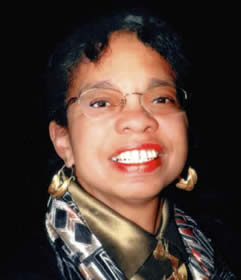
Bennetta Jules-Rosette
Panel Moderator
Ph.D., Distinguished Professor, UC San Diego, Department of Sociology
-
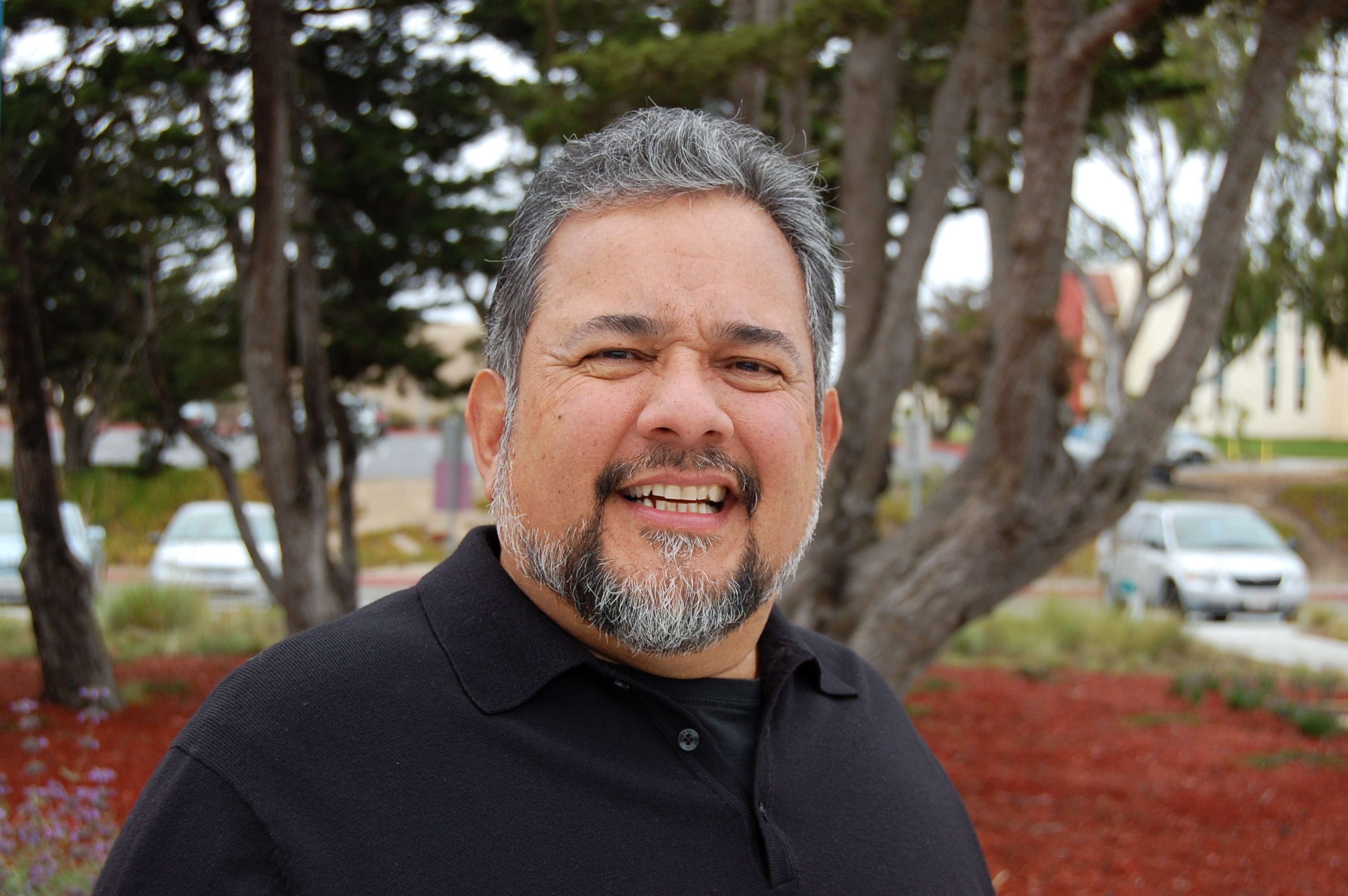
Armando A. Arias, Jr.
Ph.D.,Professor & Founding Faculty
Social & Behavioral Sciences, California State University, Monterey BayDr. Armando Arias was born and raised in San Diego, but has not lived in the area for over 40 years, yet he has maintained an impressive active special projects/research agenda in San Diego County/Baja California Norte that has caused social change in many relevant ways to a number of local/regional communities.
Under the tutelage of Distinguished Professor Bennetta Jules-Rosette, he earned his BA (Lumumba-Zapata College/Third College), MA and Ph.D. degrees in sociology at UC San Diego while at the same time serving as a research associate at the Western Behavioral Sciences Institute (La Jolla) founded by Carl Rogers.
While an undergraduate at UCSD Dr. Arias found himself in the midst of the creation of new colleges and as a result developed a knack for starting new public/private colleges/universities and in turn went on to become a founding team member at brand new institutions of higher education in Colorado, Texas, Baja California and California. Interesting to note is that he was called to Texas A&M University as the Dean of the College of Arts & Sciences at a time when Anne Richards became governor and blew open the budget for higher education and as a result established over a dozen brand new universities in especially educationally under-served areas. He also served as an advising consultant to new universities throughout the nation and the world.
Dr. Arias became the point person to close the 2nd largest military base in the world, Fort Ord, and transform it into CSU Monterey Bay, where he also founded the academic program for the Leon Panetta Institute for Public Policy.
In addition he was founding faculty at the Auraria Higher Education Center in Denver and co-founder of the Area Health Education Center (UCSD School of Medicine) serving medically under-served populations in South San Diego. And, Dr. Arias and Dr. Beryl Bellman a former professor of sociology here at UCSD teamed up to start BESTNET an international consortium for research and education. In more recent years Dr. Arias founded the Big Sur Environmental Institute a place to convene world-class solutions strategists to address global environmental issues and encourage public engagement.
Moreover as the co-founder of BESTNET Dr. Arias housed the project for 14 years at the Western Behavioral Sciences Institute while collaborating with the Digital Equipment Corporation to create DEC-NET a precursor to the Internet, performing human factor analysis and software design and making contributions to online pedagogies, research and program developed. As an international learning consortium BESTNET focused on academic excellence and provided a platform for regional stewardship and global engagement. This work was heralded by the Fund for the Improvement of Post Seconded Education, U.S. Department of Education, the California Post-secondary Education Commission and the State Assembly as one of the most innovative developments in higher education ever.
Dr. Arias has earned distinguished fellowships from the Ford Foundation, San Diego Foundation, CSU, Stanford, Harvard, and Texas A&M Universities.
He will add to his discussion his current projects contributing to social change, innovation and other non-traditional ideas like creating a graduate school in Baja California Norte to be accredited in California, in collaboration with Mexico’s premier social science research institute Colegio de la Frontera Norte. -

Chandra Mukerji
Ph.D. Professor Emeritus, Department of Communication, Science Studies, University of California, San Diego
-
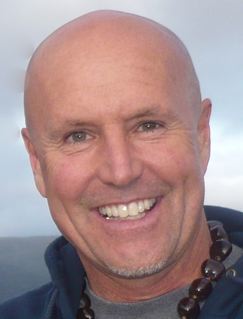
Pierce Flynn
Ph.D., Strategic Marketing, Partnerships, Business Development
Biography and CV can be found here.
-
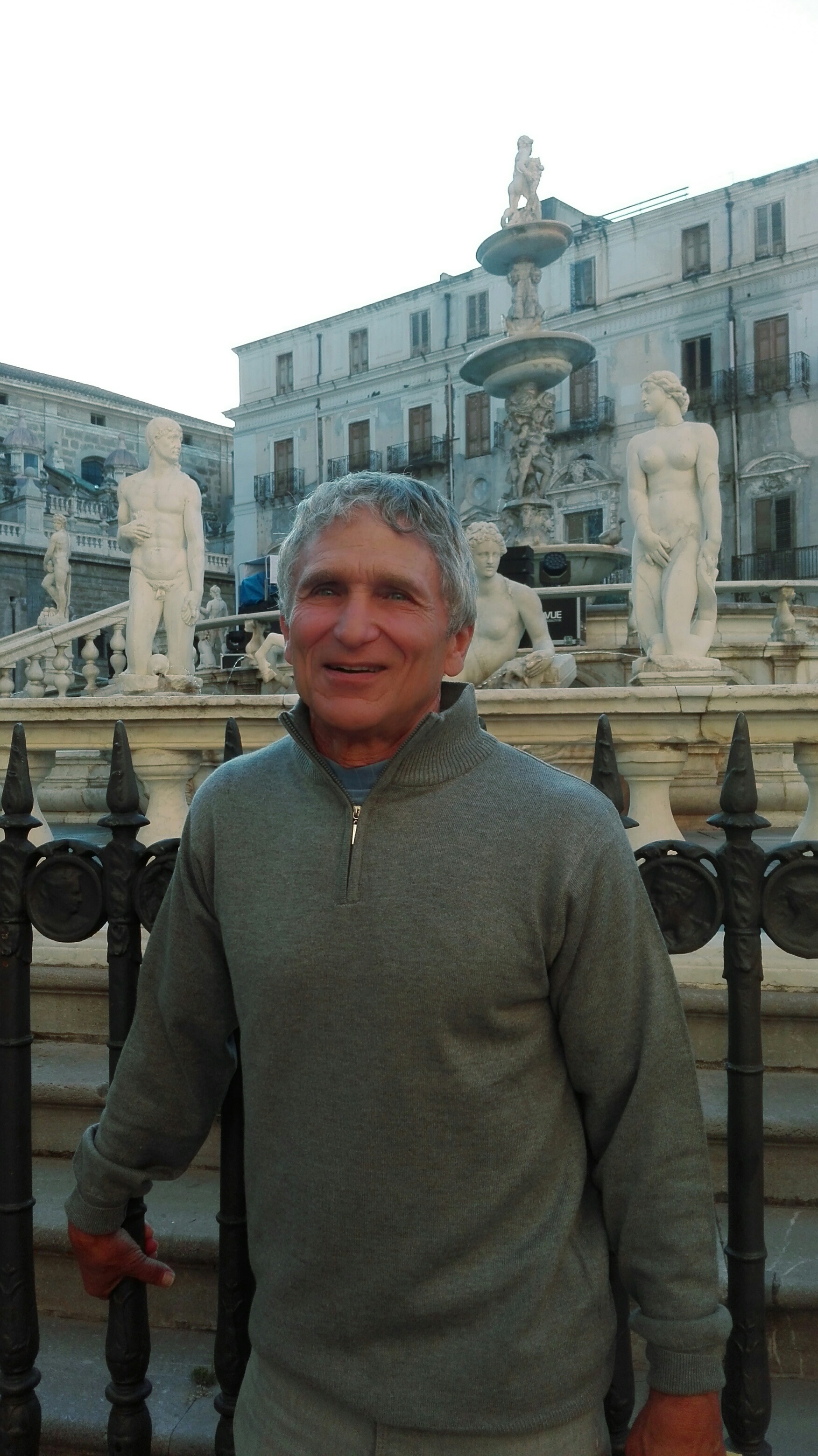
Kenneth Liberman
Ph.D., Professor Emertius, University of Oregon, Department of Sociology
Panel B: UC San Diego Sociology Comes of Age
-
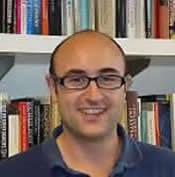
Charles Thorpe
Panel Moderator and Speaker
Ph.D., Professor, UC San Diego, Department of Sociology
-
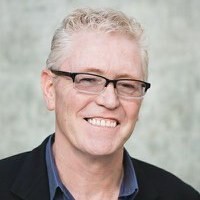
Patrick E. Carroll
Ph.D. Professor, Sociology and Science Technology Studies, UC Davis
Having originally left school for work at age 15, Professor Carroll began his B.A. degree at age 24. Over the following five years he received his B.A. (double majoring in Sociology and History), and M.A. in Modern History (both Summa Cum Laude). Upon securing a Fulbright Scholarship and UC Regents Fellowship, he began a Ph.D. in Sociology at UC San Diego in 1991. While there he discovered a newly created Science Studies (or STS) Program. Given his early interest in power and knowledge, he quickly joined the interdisciplinary program, completing his Ph.D. in Sociology with a DE in Science Studies (conferred in 1999). He is currently an Associate Professor of Sociology and STS at UC Davis (hired in 1998).
Professor Carroll’s central research interest is the relationship between science and governance, and the consequences of that relationship for the process of modern state formation and the form of the modern state. He considers this question historically, from the scientific revolution to the present, and focuses on how land, the built environment, and bodies/people emerge as boundary objects around which and through which science and government interact and network. He has researched the role of a range of sciences, from cartography and surveying, to public health and sanitary engineering. His methods are historical and case-based. In earlier research, his empirical focus was the case of colonial Ireland, from 1650 to 1900. This research was published by the University of California Press, under the title Science, Culture, and Modern State Formation.
Currently Professor Carroll is completing a book, California Delta: The Engineered Heart of a Modern State Formation on the case of California, from 1850 to 2000 (contracted with The MIT Press). His focus is on the intersections of science and government around land reclamation, flood control, water storage and conveyance, and environmental management. He is particularly interested in how the state of California was built into and out of the material infrastructure of dams, flood control structures, earthworks, levees, aqueducts and so on; the role of science and engineering in these projects; and the way different levels of governance, from the federal to district scales, were expanded, articulated, and stitched together through the material culture of flood control and water conveyance.
Theoretically he engages with Foucaultian themes of governmentality, and with actor-network theory’s concerns about materiality, and the ways that humans and non-humans are assembled into durable socio-technical networks. His work on California elaborates a new conceptual understanding of the modern state through concepts like “organic engine” and “enviro-state.” -
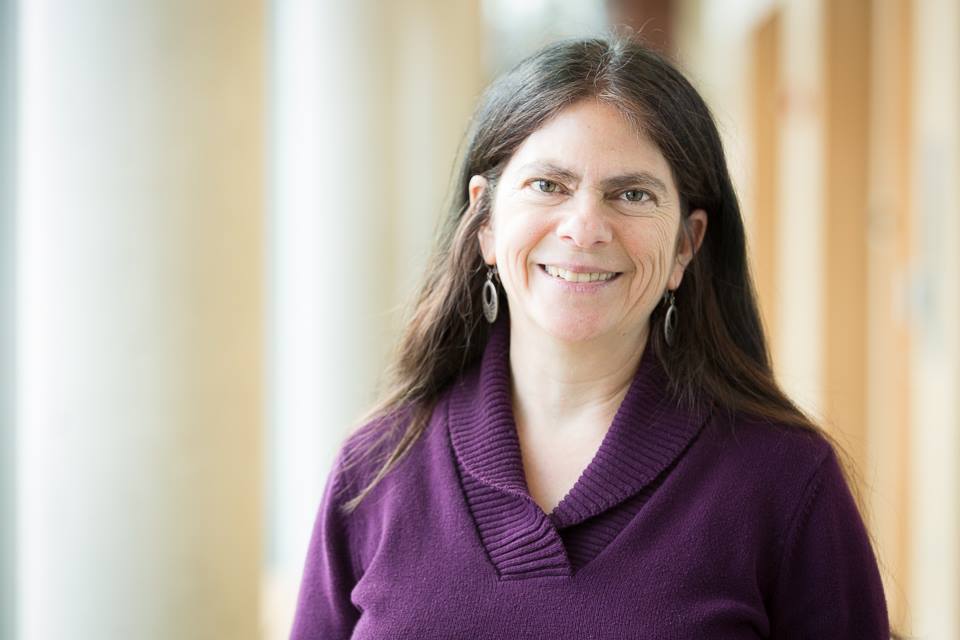
Laura J. Miller
Ph.D., Department Chair and Associate Professor of Sociology at Brandeis University
Laura J. Miller received her PhD in Sociology from U.C. San Diego in 1998. She is currently Department Chair and Associate Professor of Sociology at Brandeis University. With primary interests in the sociology of culture and consumption studies, her research focuses on the intersection of cultural and economic factors within industries characterized by moral commitments to their products. She is the author of Building Nature's Market: The Business and Politics of Natural Foods (University of Chicago Press, 2017) and Reluctant Capitalists: Bookselling and the Culture of Consumption (University of Chicago Press, 2006). Her current research project examines the publishing history of vegetarian cookbooks in the United States in order to trace changing meanings attached to a vegetarian way of life and the advocacy of vegetarianism.
Keynote Address
-

Randall Collins
Ph.D., Professor of Sociology Emeritus at University of Pennsylvania.
Randall Collins is Professor of Sociology Emeritus at University of Pennsylvania. He was one of the original faculty of the UCSD Sociology Department from 1969 to 1977. Collins is a former President of the American Sociological Association. His books include The Credential Society (1979), Interaction Ritual Chains (2004), Violence: A Micro-sociological Theory (2008), and most recently a sociological novel, Civil War Two (2018).
Panel C: UC San Diego Sociology in the 21st Century
-
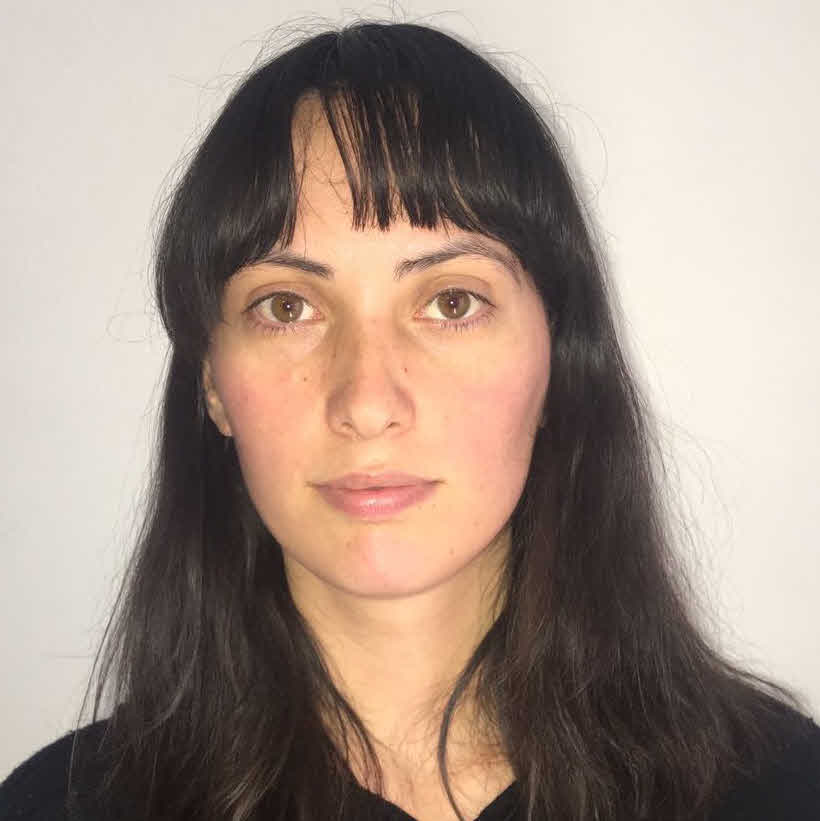
Camila Gonzalez Paz Paredes
Panel Moderator
Ph.D Candidate
-
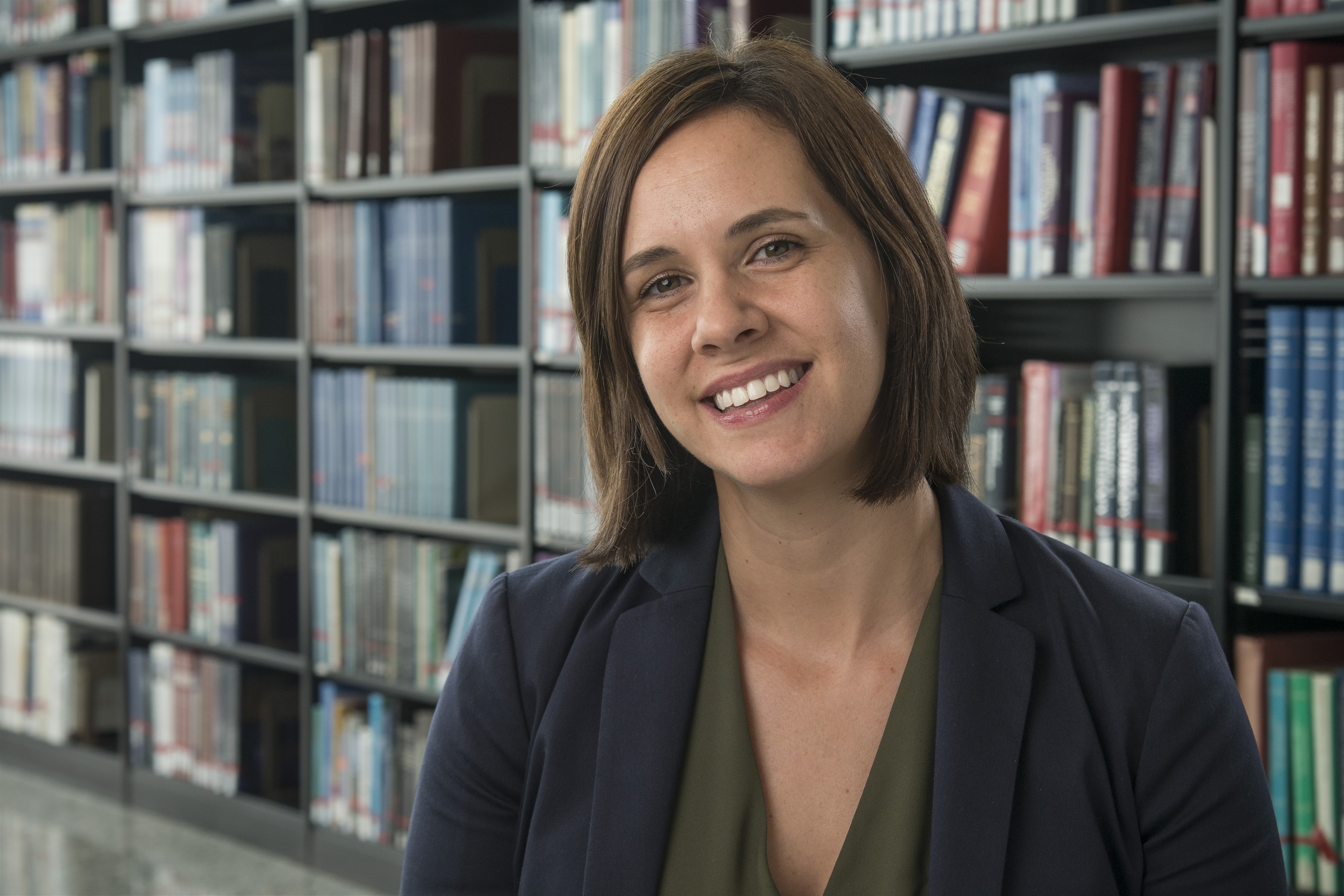
Angela S. García
Ph.D., Professor in the School of Social Service Administration at the University of Chicago
Angela S. García is Assistant Professor in the School of Social Service Administration at the University of Chicago. She studies the consequences of socio-legal inclusion and exclusion for undocumented immigrants in the United States, Spain, and Latin America. García’s book, Legal Passing: Navigating Undocumented Life and Local Immigration Law, is forthcoming in April 2019 from the University of California Press. Her work has also been published in Social Problems, ANNALS of the American Academy of Political and Social Science, International Migration Review, Ethnic and Racial Studies, Journal of Ethnic and Migration Studies, and International Migration. García holds a PhD in sociology from the University of California, San Diego and a Masters in Latin American Studies, also from UCSD.
-
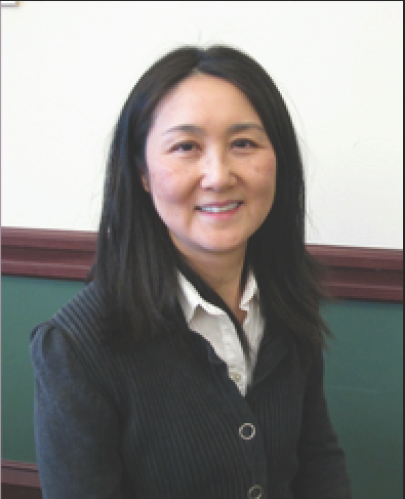
Setsuko Matsuzawa
Ph.D., Associate Professor of Sociology, The College of Wooster, Sociology and Anthropology Department
Dr. Matsuzawa's research interests include: Social Movements, Environmenal Sociology, Development, Law, Transnational and Global Sociology, and East Asian Societies (Chania and Japan). Her primary research area is environmental activism in East Asia. Her recent works have appeared in Sociology of Development, ASIA Network Exchange, and Mobilization. She has a forthcoming book, entitled "Activating China: Local Actors, Foreign Influlence, and State Response" (Routledge 2019).
-
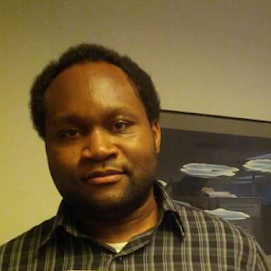
Kevin Moseby
Ph.D., Assistant Teaching Professor, Department of Sociology & (Faculty Affiliate) Center for Science, Technology & Society (STS), Drexel University
Dr. Moseby is an interdisciplinary sociologist who studies how marginalized U.S. populations affect, and are affected by, biomedicine and public health. He is currently working on a book manuscript, The Color of HIV/AIDS, which centers on black American HIV/AIDS activism and advocacy to provide a socio-historical account of how the field of HIV/AIDS prevention and the disease discourse “crossed the color line” in the United States. Research from this project has been published in Sociology of Health & Illness. After earning his PhD in Sociology from UC San Diego, Dr. Moseby was a UC President Postdoctoral Fellow at UC San Francisco. In his dissertation years, he was appointed a Fellow in the Department of Black Studies at UC Santa Barbara. He also holds a Master of Arts in Social and Cultural Studies from UC Berkeley.